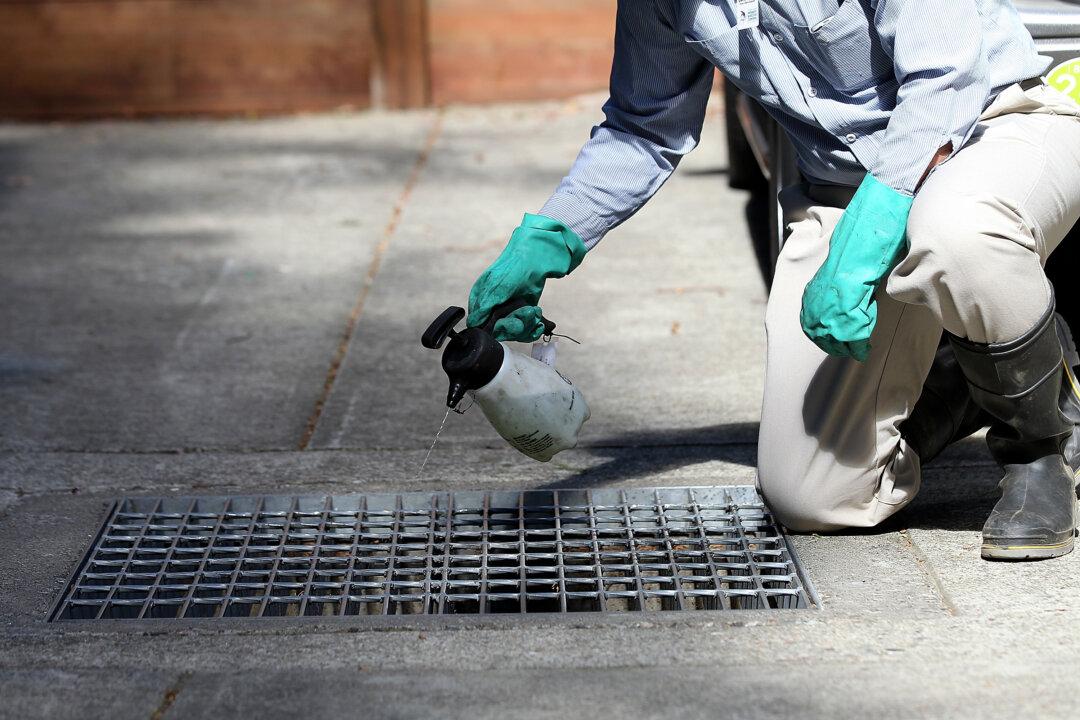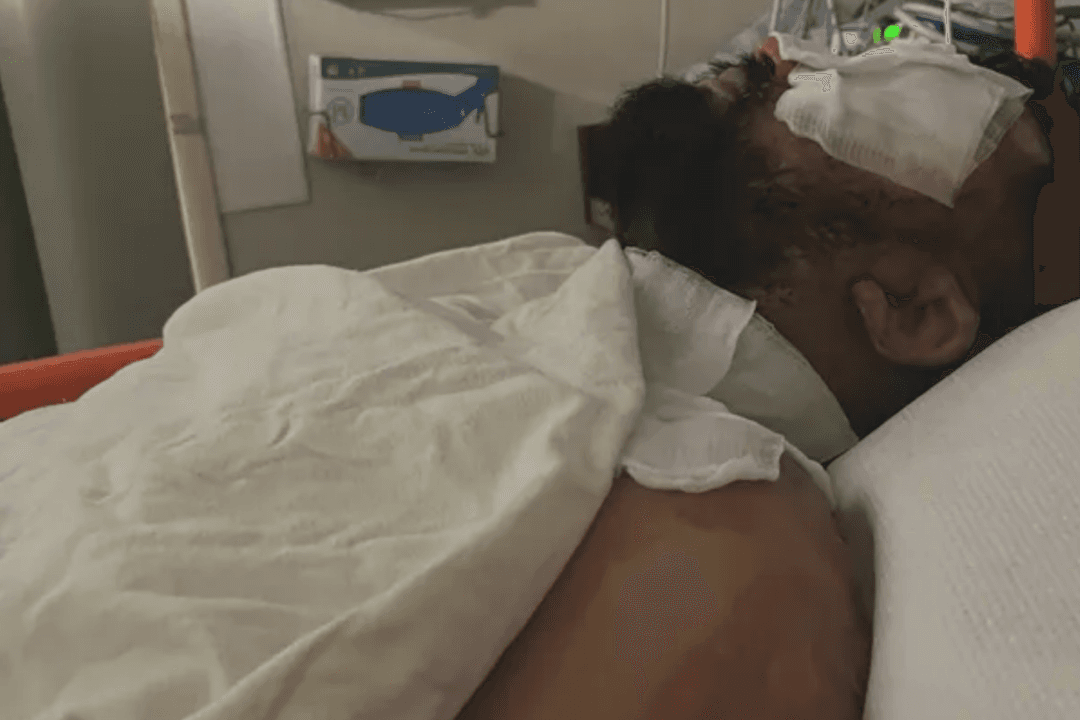Fullerton, California, residents received relief from mosquitos after the Orange County Mosquito and Vector Control District conducted sprays last week for three days to reduce the risk of a mosquito-borne disease, according to city officials.
The abatement comes a little over two months after the county’s vector control agency announced West Nile Virus-positive mosquitoes had been discovered in Fullerton on July 27, near Rosecrans Avenue and N. Filbert Street.




